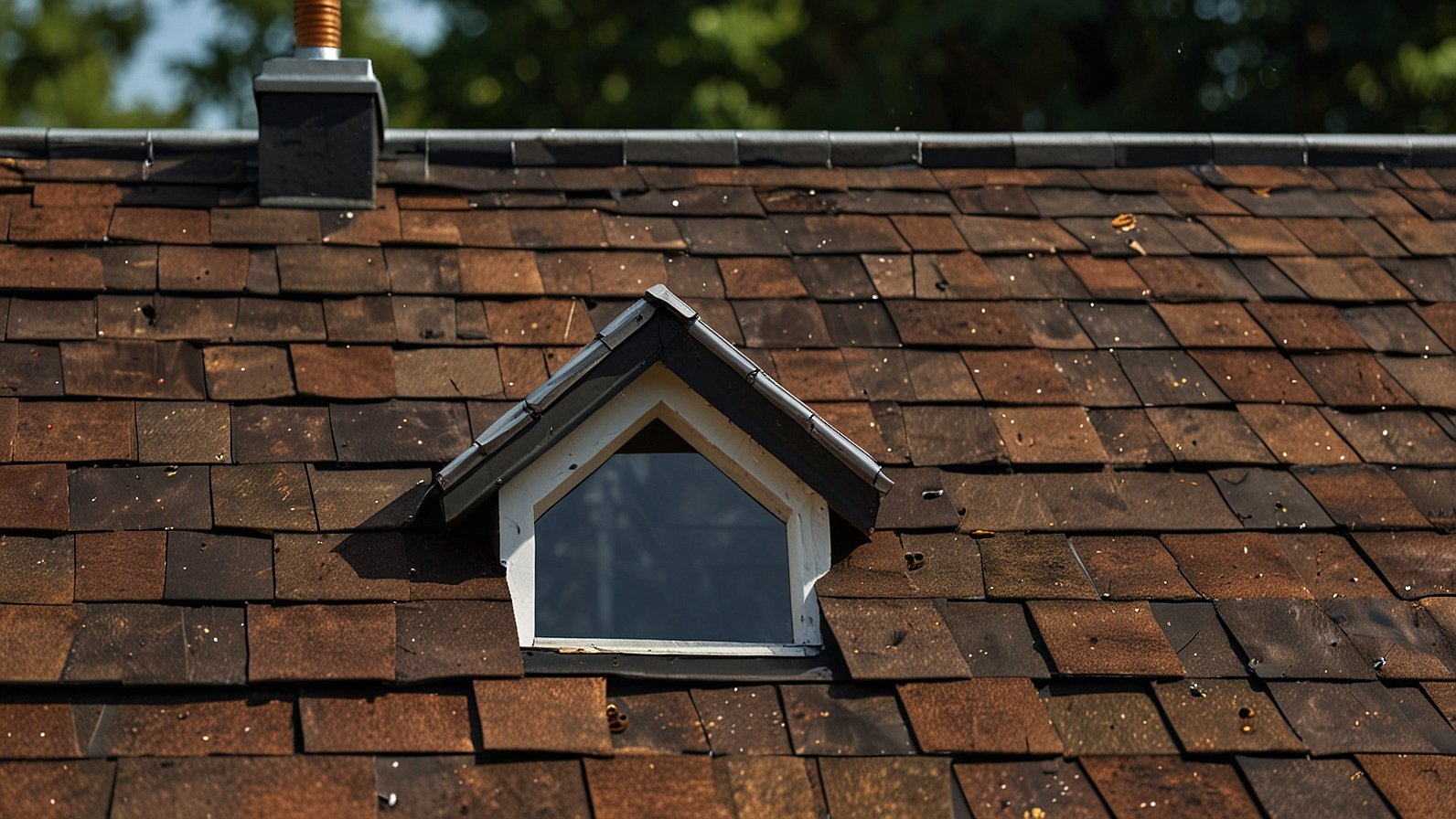Struggling with a cramped, dim home? This blog shares top design tips to maximize space and light, transforming your home into a bright, inviting, and functional sanctuary.
Why Design Matters for Space and Light
Your home’s design significantly impacts how spacious and bright it feels. An overcrowded or poorly lit room can feel stifling, while a thoughtfully designed space gives the illusion of openness and serenity. By incorporating the following design trends, you can maximize your home’s potential, no matter its size.
Opt for a Light and Neutral Color Palette
The Power of Bright Neutrals
Color is one of the quickest ways to transform the atmosphere of a room. Lighter, neutral tones like white, soft beige, and pale gray reflect light, creating an illusion of space. On the other hand, dark colors absorb light and can make a room feel smaller and boxier.
Pro Tip: If plain white feels too sterile for you, try warmer off-white tones like “eggshell” or “cream” for a cozy yet expansive effect.
Maximize Natural Light
Make Windows a Priority
Nothing makes a room feel brighter and airier than natural light. Large, unobstructed windows allow sunlight to flood your space, enhancing the feeling of openness.
- Swap Heavy Curtains for Sheer Drapes: Thick, dark drapes block light and visually shrink the space. Opt for sheer or light-colored curtains to maintain privacy while letting in daylight.
- Place Mirrors Strategically: Positioning mirrors opposite windows reflects natural light throughout the room, effectively doubling the brightness.
Choose Minimalist Furniture
Go for Clean Lines and Functionality
Bulky furniture can overwhelm a room, making it feel crowded. Minimalist-style furniture with clean lines and elevated legs creates a sense of airflow and space. For example, replace a heavy, solid couch with one that has slim, exposed legs.
Bonus Idea: Multi-functional furniture, like storage ottomans and extendable tables, reduces clutter while maximizing utility and aesthetics.
Incorporate Open Shelving
Optimize Vertical Space
Closed cabinets can make a space feel cramped, but open shelving creates an airy, spacious vibe. Use it to store books, plants, or decorative items, but be careful not to overcrowd them—negative space is key!
Pro Tip: Color-coordinate items on your shelves for a clean, cohesive look that doesn’t overwhelm the senses.
Use Glass and Reflective Surfaces
The Magic of Transparency
Transparent and reflective materials trick the eye into perceiving more space. Glass tabletops, glossy tiles, and metallic accents reflect light and give your home a modern, open feel.
- Glass Doors for Separation: If privacy isn’t an issue, replace solid interior doors with frosted or clear glass doors, like those in residential spaces in Glass Layton, Utah, to maintain the flow of light between rooms.
- Glossy Paint Finishes: Using semi-gloss or gloss paint on walls and ceilings can reflect light better than matte finishes, enhancing brightness.
Declutter and Go Minimal
Less is More
A cluttered room feels smaller and more chaotic. Clearing out unnecessary items can make your space feel instantly more open and inviting.
- Adopt the “One in, One Out” Rule: Every time you bring something new into your home, remove something you no longer need.
- Hidden Storage Solutions: Use furniture with built-in storage to keep your essentials tucked away neatly.
Play with Lighting
Layer Your Light Sources
Don’t rely solely on overhead lighting. Layered lighting creates dimension and ensures every corner of the room is well-lit.
- Ambient Lighting: Soft, overall lighting from ceiling fixtures or recessed lights.
- Task Lighting: Practical lighting for specific activities, like reading lamps or under-cabinet lights.
- Accent Lighting: Highlight architectural features or décor elements with spotlights or strip lighting.
A Little Trick: Hanging pendant lights closer to the ceiling can add height to your room, while wall sconces free up floor space.
Bring the Outdoors Inside
Add Greenery
Indoor plants don’t just add life to a room; they also create a sense of openness by drawing attention upward or outward. Choose tall plants like fiddle-leaf figs or hanging greenery for the greatest effect.
Pro Tip: Pair plants with woven baskets or sleek, minimal pots to maintain a cohesive, uncluttered look.
Conclusion
Transforming your home into a space that feels bigger and brighter doesn’t require a costly overhaul. Small, intentional changes like choosing a lighter color palette, maximizing natural light, and decluttering can have a significant impact.
YOU MAY ALSO LIKE: What to Know Before Starting a Home Upgrade










